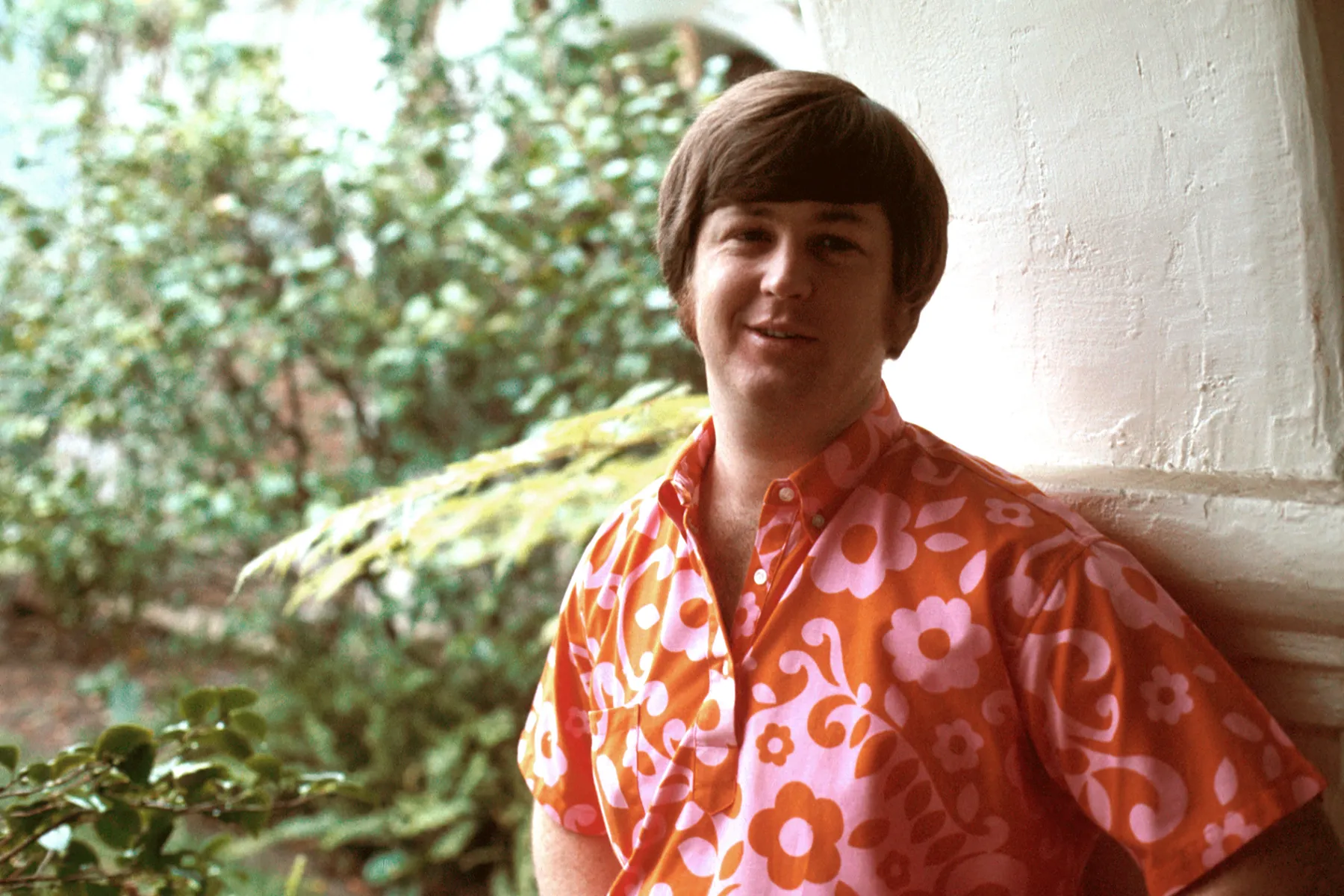At the start of the 1960s, rock and roll was in an uncertain place. Elvis Presley had joined the army, and Little Richard turned to preaching, leaving behind the wild energy that once defined the genre. Music seemed to be losing its rebellious spark—until a group of four young men from Liverpool changed everything.
When The Beatles arrived, they brought something new to pop music. Their catchy melodies, clever lyrics, and playful charm made them stand out. While fans around the world were falling in love with their music and personalities, one man in California was listening closely—Brian Wilson of The Beach Boys.
Brian Wilson had already built a name for himself as the creative force behind The Beach Boys. Songs like Surfin’ Safari and Little Deuce Coupe captured the sunny, carefree life of California’s youth. But beneath the surf guitars and harmonies, Wilson was always searching for something deeper. When he first heard The Beatles, he found it.
Wilson admitted that The Beatles intimidated him at first. Their sound was fresh and full of new ideas. He even feared that they might “put him out of business” once they came to America. But instead of giving up, Wilson decided to learn from them. He listened carefully to their arrangements and harmonies, trying to understand what made their music so powerful.
This new inspiration showed up in the song Girl Don’t Tell Me, from The Beach Boys’ 1965 album Summer Days (And Summer Nights!!). Sung by Carl Wilson, the song had a simpler sound than the group’s usual harmonies and reflected the influence of The Beatles’ middle period. Brian later said he had written it with John Lennon in mind and even thought about giving it to The Beatles themselves.
But the connection between Wilson and The Beatles went far beyond one song. When The Beatles released Rubber Soul in 1965, it changed everything for Brian. The album’s mix of heartfelt lyrics, clever songwriting, and musical depth pushed him to do something truly extraordinary. He wanted to make a record that could match it—or even surpass it.
That dream became Pet Sounds (1966), one of the most important albums in music history. With songs like God Only Knows, Wouldn’t It Be Nice, and I’m Waiting for the Day, Wilson transformed pop music into art. The album featured complex harmonies, emotional lyrics, and innovative arrangements that had never been heard before.
When The Beatles heard Pet Sounds, they were amazed. Paul McCartney even said that God Only Knows was one of the most beautiful songs ever written. Inspired by Wilson’s masterpiece, The Beatles went back to the studio and created Sgt. Pepper’s Lonely Hearts Club Band—another groundbreaking album that pushed the limits of what pop could be.
In the end, the relationship between Brian Wilson and The Beatles wasn’t about rivalry—it was about mutual respect and artistic growth. They inspired each other to explore new sounds and emotions, raising the bar for everyone in music.
What started as friendly competition turned into one of the greatest creative exchanges in rock history. Thanks to that back-and-forth inspiration, the world got Pet Sounds, Sgt. Pepper, and a whole new understanding of what popular music could achieve.

